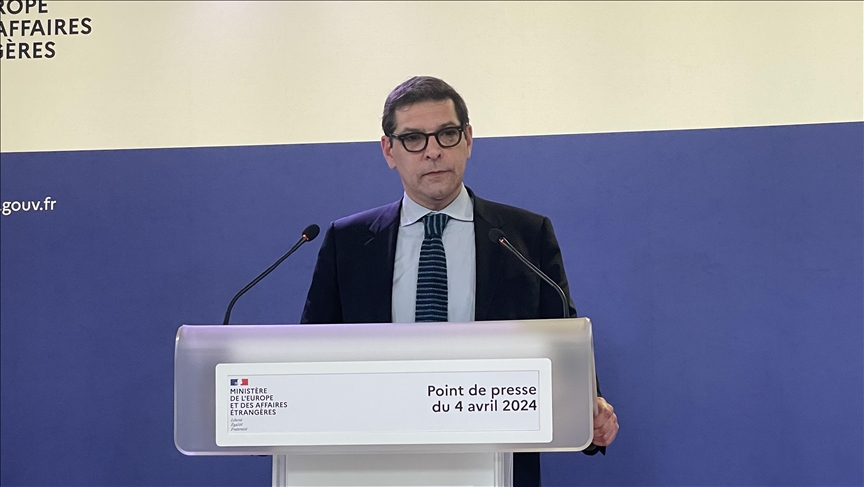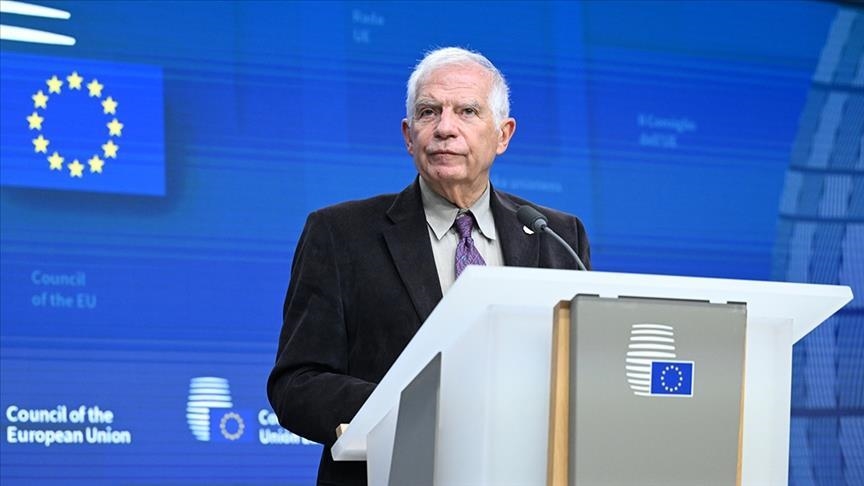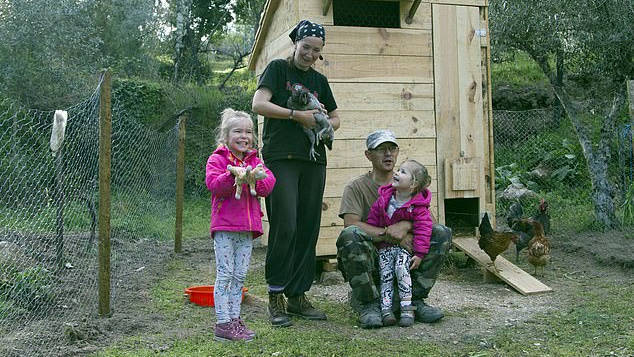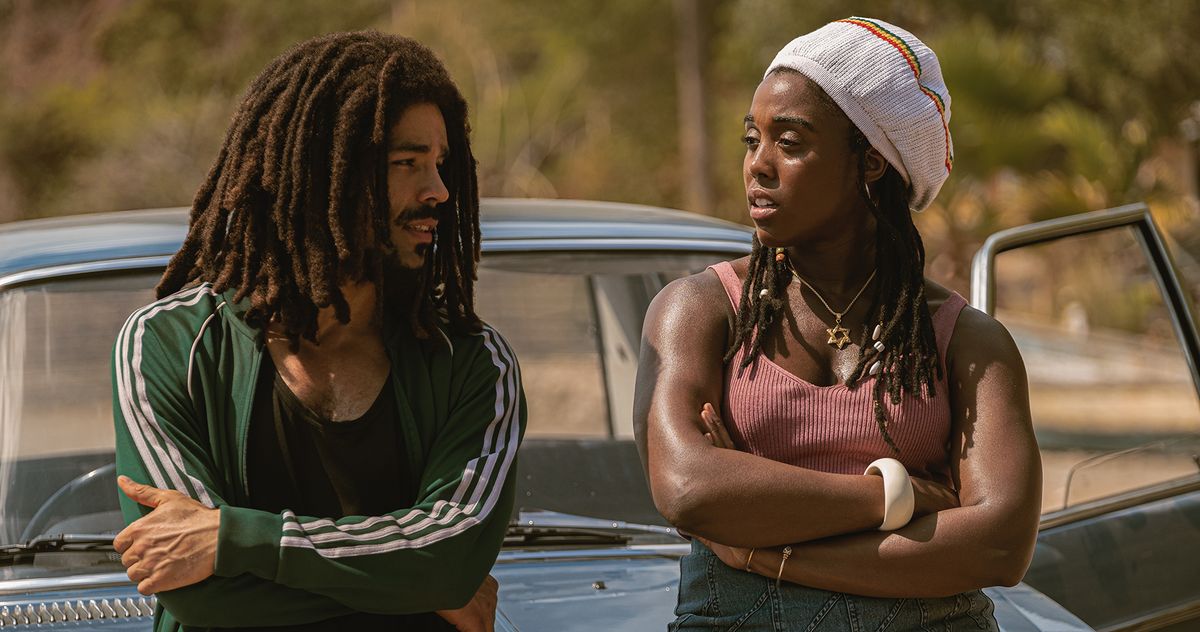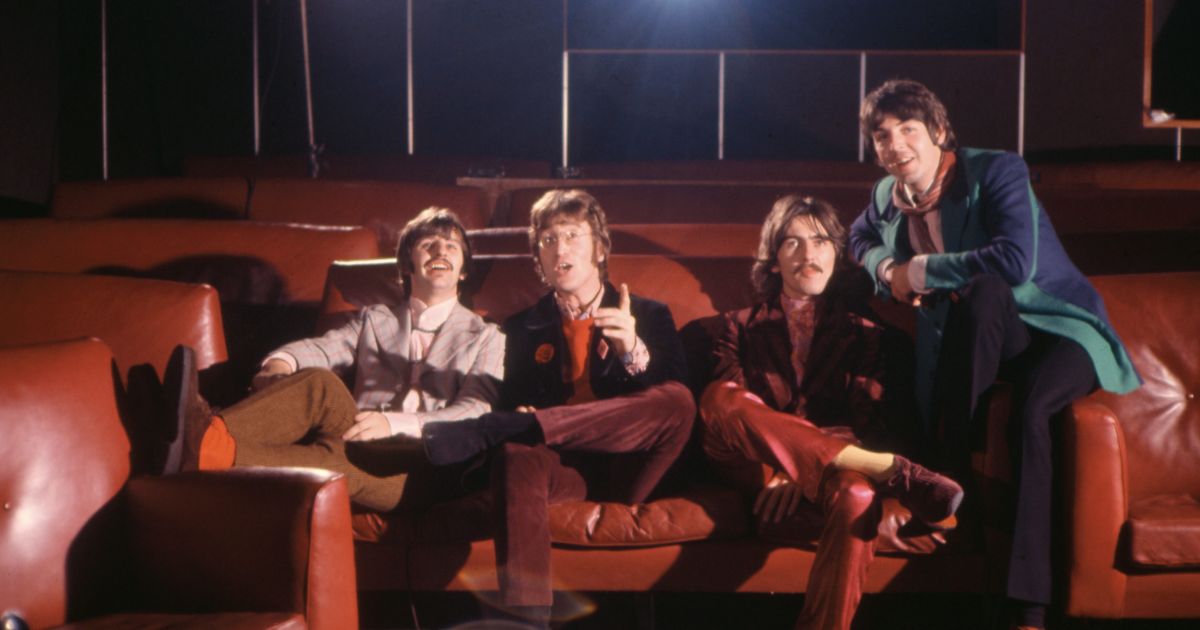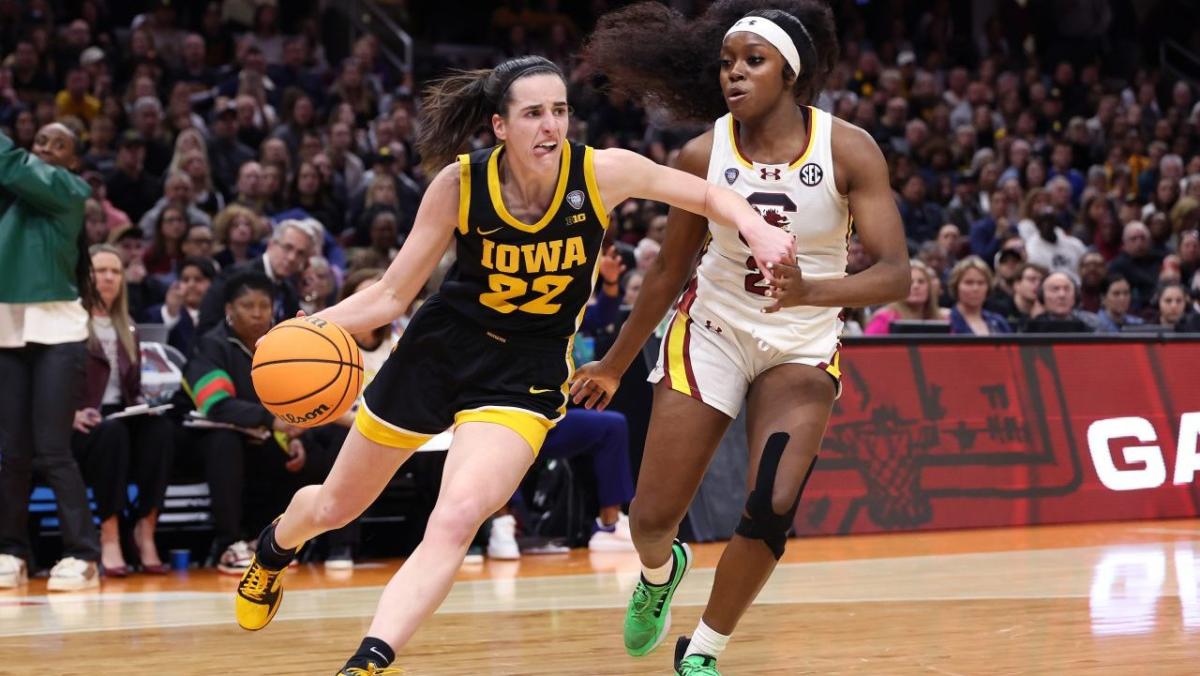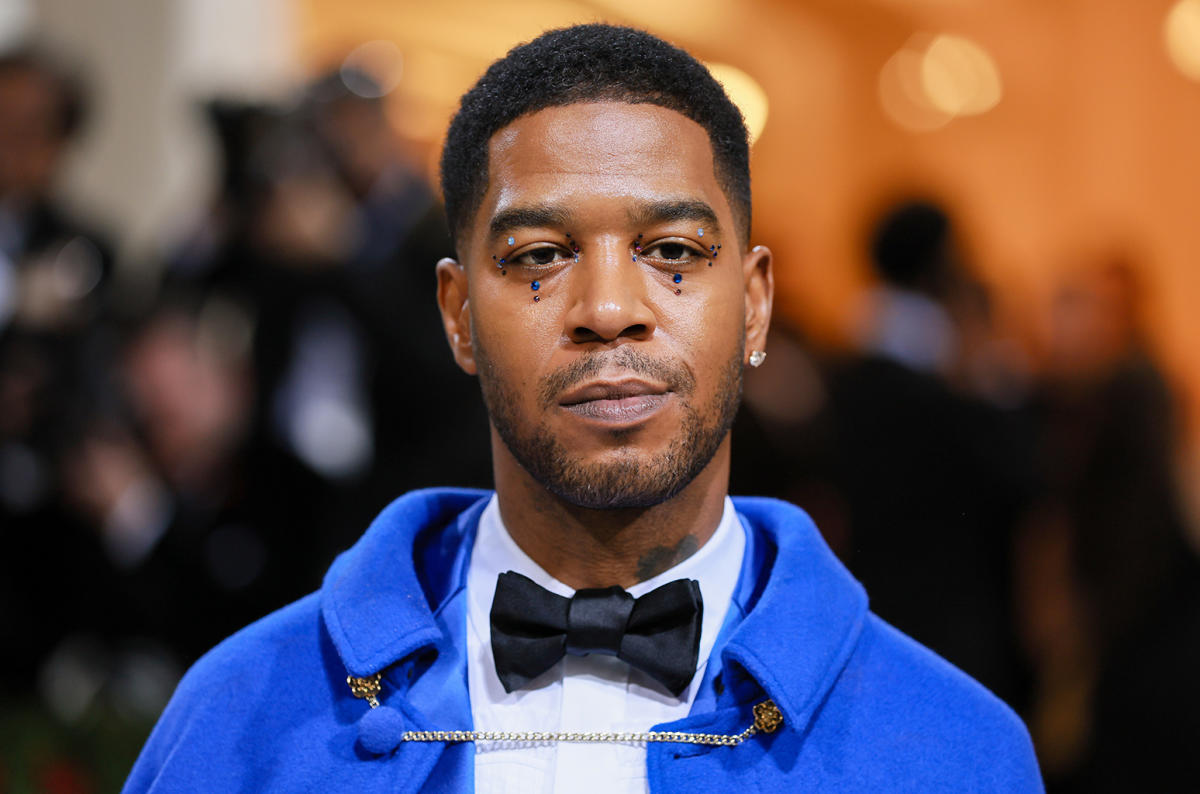
Netflixable? East battles West in Child Welfare Court, “Mrs. Chatterjee vs.Norway”



I wasn’t inclined to truth “Mrs. Chatterjee vs. Norway,” a somewhat soapy and heavy-handed drama about a child welfare case that turns into an international incident as it slow-walks towards the cliche that “No one can love a child as much as its mother” conclusion.
It’s a movie overrun with villainous archetypes — from an abusive husband to patriarchal in-laws, patronizing, sexist lawyers and smirking and inhumane Norwegian child welfare workers.
But it’s based on a true story, and if it’s told from an Indian perspective, its biases are understandable and defensible. If you’ve ever been a parent, it’s almost guaranteed to outrage you and sometimes tug at the heartstrings.
We meet Debika Bannerjee, played with great empathy and heart by Rani Mukerji, on her Worst Day Ever. She’s a traditional Indian wife who has made a life for herself in Norway with her shipping port executive husband Anirban (Anirban Bhattacharya).
And when we see them, their children are being spirited away by blonde Scandinavian welfare workers. Debika is beyond shocked and distraught, as most any mother would be.
The director and co-writer Ashima Chibber, a veteran of hundreds of episodes of Indian TV, then shows us how it came to this.
He works, she stays at home. He’s distracted by his job and the Norwegian citizenship he’s sought since he moved there long before marrying Debika. He dotes on his kids, but child -rearing, house cleaning and meal prep aren’t a man’s job, Anirban figures.
The social workers who spend months observing immigrant families notice that, and wonder if that is Debika’s “choice.” They hear that he has a temper and can see the house is cluttered with toys. And we see their noses turn up and the edges of their mouths turn down when they see Debika mix up some dairy curd dish with her fingers and feed it, with those same fingers, into her five year-old’s eager mouth.
The boy and their baby sleep in their bed with them. And when Anirban’s temper leads him and his wife out of the room to bicker, in Hindi (subtitled), about all the ways she hasn’t assimilated and is thus triggering much scribbling on clibboards by the Norwegian “Velferd” ladies, their kids are grabbed and hustled into a state-owned SUV.
Our jaws, as viewers, drop. But Debika flips out, chasing the car, pounding on windows, falling down in the street with those inhuman Norske automatons videoing her “unstable” and “unbalanced” behavior, which they’ll use against her in justifying this kidnapping.
The film proceeds from what looks like “just a misinderstanding” through the many months Mrs. Chatterjee fights this seeming injustice as her already-strained marriage unravels, she refuses to abide by Norwegian decorum in and out of court and takes extreme “Not Without My Daughter” and then international incident measures to retrieve her children when the system refuses to let them go.
In reserved, buttoned down and accept authority Norway, she has to seem like the hysteric they label her to be.
The seemingly “open and shut case” has all these revelations that turn a black and white story into shades of grey. When we see how her husband turns on her with a “This is all YOUR fault,” we can guess just how ugly things have been how much uglier they can get.
The system, which pays for foster care and pays for lawyers to supposedly represent those caught up in that “system,” is ripe for corruption. European Union laws and regulations may also come into play. Debika buys into the conspiratorial side of what is happening and as The State refuses to back down, listen to reason or have a heart.
“We want your children to have the best opportunities available to them in Norway” (in Norwegian, with English subtitles) gives voice to the implicit bigotry of a Western culture imposing its values on Easterners who believe in ancient homeopathic medicine, a more patriarchal society and feeding your child with your hands, which the screenplay suggest is what REALLY got the Norwegians’ dander up.
But a host country insisting that she “Be more integrated with Norwegian society,” is making a reasonable request. Debika is told this by the courts and chewed-out even by her own court-appointed lawyer (Jim Sarbh) when she protests at this injustice.
“Let’s just follow the rules,” her citizenship-obsessed spouse advises.
In Hollywood genre-speak, this is a “Stella Dallas” variation, a tale of how far a mother will go and just what she’ll sacrifice to make a better life for her child. And aside for that occasionally heavy-handed moment, and being a tad slow, with four or five musical flashback interludes that pad the running time, it’s not bad.
Mukerji and the screenplay let us consider this woman’s flaws, her humanity and her fury, and then upends our “close call” judgments as we learn more about her and come to see her point of view.
If The System’s best evidence is video of someone freaking out because an uncaring, overreaching entity is grabbing her children, they’ve already lost. And if her own family can’t see that, they’re just as lost.
This Around the World with Netflix tale succeeds on the most basic level every imported international feature film must, by letting us see a story we can take sides on, and forcing us to see another culture’s point of view as we do.

Rating: TV-14, profanity, domestic violence
Cast: Rani Mukerji, Anirban Bhattacharya, Balaji Gauri, Barun Chanda, Sara Soulié and Jim Sarbh
Credits: Directed by Ashima Chibber, scripted by Ashima Chibber, Rahul Handa and Sameer Satija .A Netflix release.
Running time: 2:13



